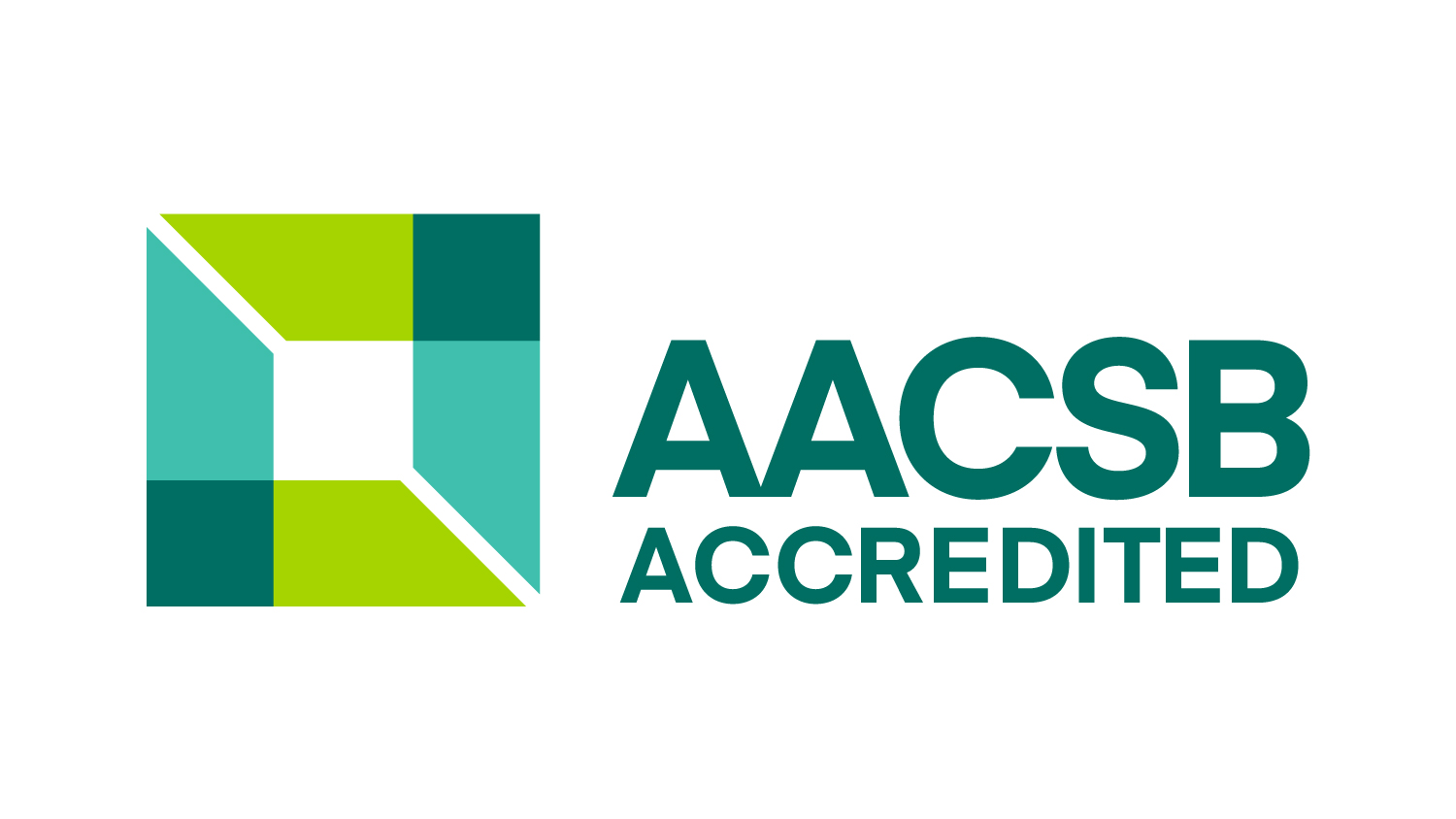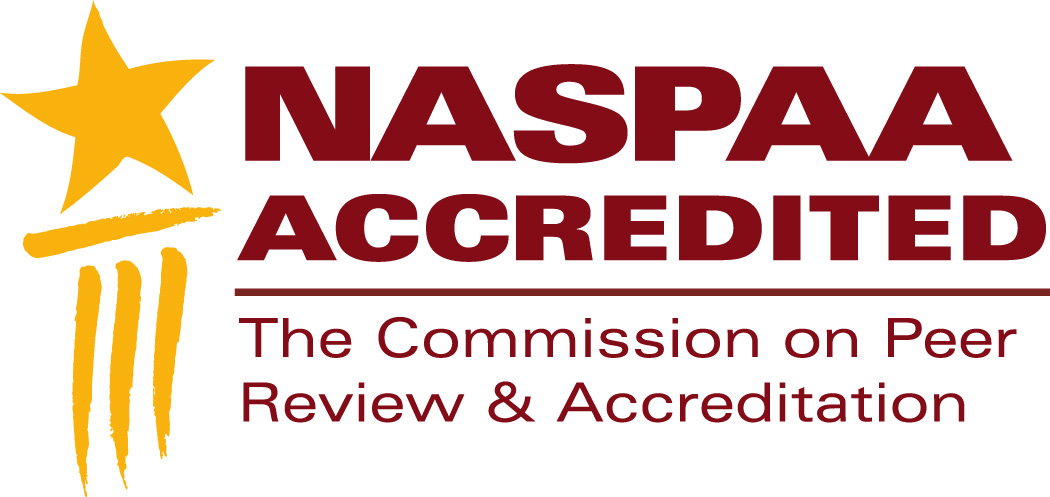What can we learn from the faculty thought leadership on Covid-19?

Bob McNab
Professor of Economics
Over the last eight weeks, how we view and discuss the local, state, and regional economies has changed dramatically. In February, unemployment rates were at or below 3% for each of the metropolitan statistical areas in Virginia, and the national unemployment rate was at 3.5%. Nationally, there were over 1.2 job openings per unemployed person, while in Virginia, there were almost 1.8 jobs per unemployed person. Our discussion centered on how employers could find the right person for the right job and the challenges with adapting the workforce to the needs of the future.
Eight weeks later, almost 500,000 Virginians and 26 million Americans have filed an initial unemployment claim. The estimated unemployment rate nationally and in Virginia exceeds 10% and is likely over 12% in Hampton Roads. As job losses accumulate, businesses reduce activities or close entirely, and state and local governments face a rising tide of red ink, the question is now, what does recovery look like?
Past recessions provide some clues. It took over 70 months for the United States and Virginia to recover all the jobs lost during the Great Recession. For Hampton Roads, the recovery was slower, taking over 110 months to recover the lost jobs. While previous recessions have seen shorter recoveries, the downturns associated with those recessions were shallower, suggesting our current period of recovery will take greater amounts of time and effort. And, unlike previous recessions, the COVID-19 virus gets an ongoing vote. If it mutates and becomes less virulent, then a recovery may approximate a burst of reopening, followed by a climb back to normal. If COVID-19 reappears in the fall and winter, we may see a burst of activity in the Summer, followed by a more significant contraction in the Fall and Winter. Whatever conditions are assumed about the behavior of the virus and political and social responses undoubtedly influence models of the recovery. For now, we project that unemployment will peak in early Summer and decline over the remainder of the year. Economic activity will increase as reopening occurs, and then the path forward is more uncertain until a vaccine emerges, possibly in 2021.
What can be done then? Research shows that individuals can adopt and adapt risk-mitigation strategies. Wearing masks in public is a strong signal of risk mitigation, as well as taking temperatures at the workplace, washing hands, and proactively socially distancing. We can, at the local level, also increase our resiliency by planning ahead, acting as if the virus will reemerge in the coming months. If we are pleasantly surprised, then we will be prepared but not have to implement stricter measures, and it is always "Best to be prepared," to paraphrase the Boy Scouts. As testing becomes more widely available, we will be able to more accurately adapt our policies and procedures, and, if history shows us anything, it is that we are a resilient region, state, and nation when presented with a challenge.
- Bob McNab

Shaomin Li
Professor of Management
Since December 2019, the world has witnessed the epic spread and destruction of the coronavirus that surged in Wuhan, China. The collapse of healthcare systems and the economic consequences that have followed have few modern parallels. We are in a pivotal point of modern human history, and the governance decisions we make today will have send ripples throughout our economic, social, and political lives.
Matt Farrell (a doctoral student in Management) and I, along with Ilan Alon of the University of Agder (Norway) are working on a paper on this topic trying to clarify two key misconceptions.
The first misconception is that authoritarian regimes such as China's handle crises more effectively and efficiently. In a commentary Ilan Alon and I wrote, we show that the upward accountability of authoritarian systems, in which local officials are appointed by the higherups, is the very cause of the coverup of the outbreak, the subsequent delay in response, and the misinformation that caused the world to lose valuable time to react. Many democracies, such as Japan, South Korea, and Taiwan, responded effectively and efficiently with great respect for human rights and dignity.
The second misconception is that everything will return to normal. We must realize that this calamity is a multifaceted combination of health, economic, and political crises. Social distancing and wearing masks may become normal measures going forward. All countries must secure their supply chains of vital inputs and products. In particular, they must avoid remaining vulnerable to being hostage by authoritarian regimes that are opaque and use economic leverage to retaliate against democracies that criticize their human rights records. Most importantly, the pandemic shows the vulnerability of the open society in democracies to an expansive authoritarian power in the world. We need to rethink how to protect our way of life from authoritarian regimes. The democracies should learn a deeper lesson from this disaster that national borders cannot limit the calamities that authoritarian systems bring to humankind. No country is an island. Minding our own business and turning a blind eye to regimes that violate human rights, distort information, and practice unfair trade will inevitably come back to haunt us.






